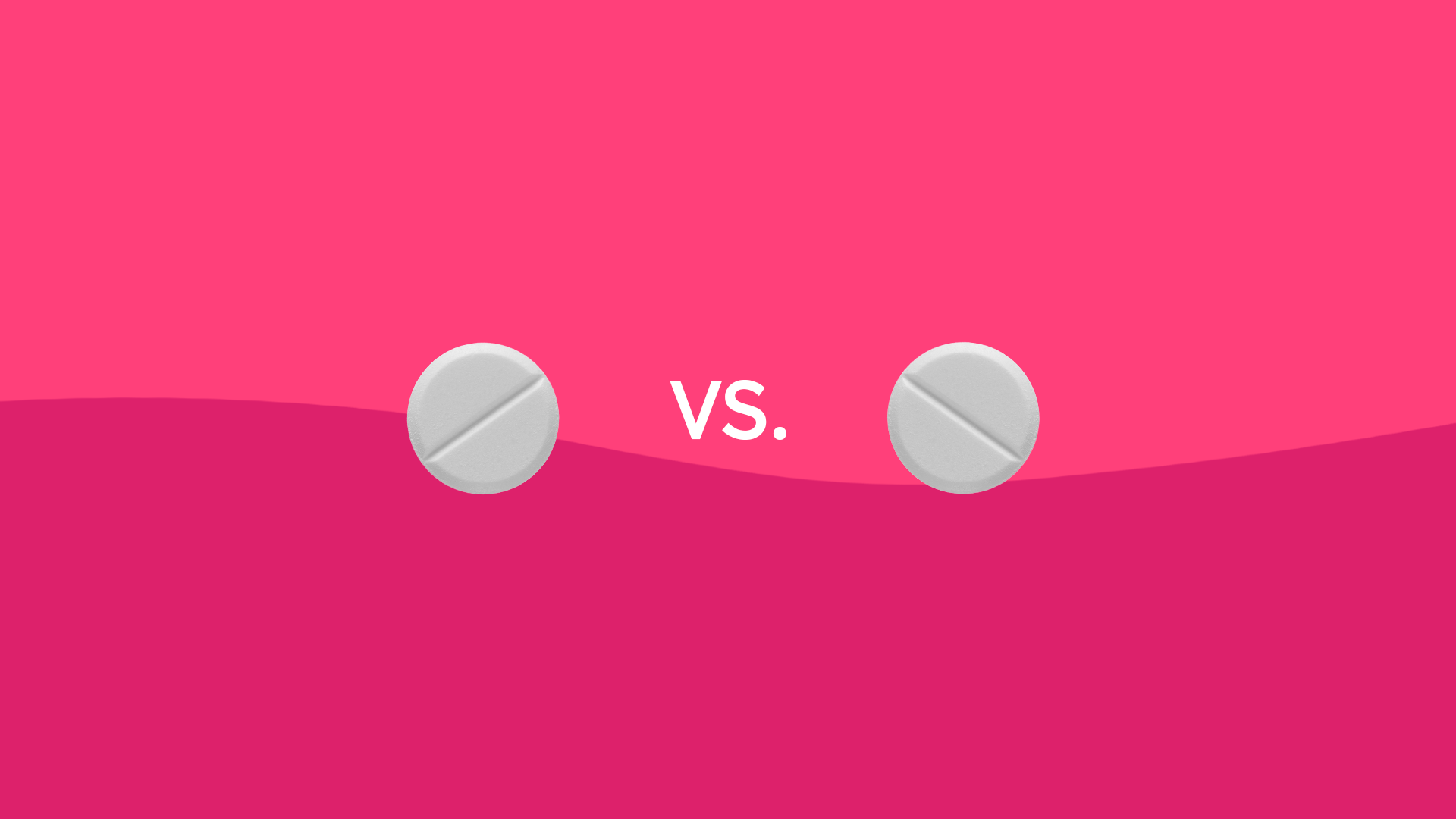Key takeaways
Codeine and hydrocodone are opioids prescribed for pain that over-the-counter medications cannot alleviate, with codeine for mild to moderate pain and hydrocodone for moderate to severe pain.
Both medications are metabolized in the liver, excreted through the kidneys, and have a potential risk for abuse and dependence, requiring a healthcare provider’s prescription.
Hydrocodone is more potent than codeine and is often combined with acetaminophen, while codeine is available in oral tablets and solutions.
Despite their effectiveness in treating pain, both drugs have significant side effects and drug interactions, emphasizing the importance of consulting a healthcare provider for their use.
Codeine and hydrocodone are two medications that can be prescribed for pain. These medications treat pain that does not respond to typical over-the-counter analgesics. They are both grouped in a class of medications called opioids. Opioids are known to have a potential to be misused or abused due to their painkiller effects. Therefore, a physician’s prescription is required to take these medications. While both medications are in the same class, there are some differences to discuss.
Codeine
Codeine is an opioid analgesic that is indicated for mild to moderately severe pain where prior analgesics have not been effective. Codeine is extensively metabolized in the liver and excreted through the kidneys. It is metabolized to its primary metabolite, morphine and a secondary metabolite, hydrocodone and has an elimination half-life of approximately 3 hours.
Codeine comes in oral tablets with strengths of 15 mg, 30 mg, and 60 mg. There is also a 30 mg/5 mL oral solution available. It is usually dosed every 4 hours as needed.
Codeine is a Schedule III or V drug depending on the quantity given. Regardless, this indicates that there is some risk for abuse and dependence on this drug if it is improperly used.
Hydrocodone
Hydrocodone is an opioid analgesic that, unlike codeine, is indicated for moderate to moderately severe pain. In this way, hydrocodone is more potent than codeine. However, hydrocodone is a close relative of codeine that is also metabolized in the liver and excreted through the kidneys. It has a primary metabolite of hydromorphone and a minor metabolite of dihydrocodeine.
Hydrocodone is typically formulated as a combination with acetaminophen. The hydrocodone portion of this tablet comes in strengths of 2.5 mg, 5 mg, 7.5 mg, and 10 mg. There are also extended release hydrocodone tablets (Zohydro, Hysingla) that range in strengths from 10 mg to 120 mg.
Codeine vs Hydrocodone Side by Side Comparison
Codeine and Hydrocodone are two medications in the same drug class. Their similarities and differences can be found below for a closer look.
| Codeine | Hydrocodone |
|---|---|
| Prescribed For | |
|
|
| Drug Classification | |
|
|
| Manufacturer | |
|
|
| Common Side Effects | |
|
|
| Is there a generic? | |
|
|
| Is it covered by insurance? | |
|
|
| Dosage Forms | |
|
|
| Average Cash Price | |
|
|
| SingleCare Discount Price | |
| Drug Interactions | |
|
|
| Can I use while planning pregnancy, pregnant, or breastfeeding? | |
|
|
Summary
Both codeine and hydrocodone are medications that can be used to treat pain from a variety of conditions. However, hydrocodone is more potent than codeine. While codeine may be more suitable for less severe pain conditions, hydrocodone may be better for more severe pain that requires an extended release formulation.
Both medications are typically prescribed when pain has not responded to other less potent analgesics. For this reason, codeine and hydrocodone are DEA scheduled medications that carry a risk for abuse and dependence. Both medications are also metabolized in the liver and have several interactions with many drugs. For this reason, it is important to consult with a physician to determine which opioid medication would be best for you.




